It is an annual tradition at the Archives to blog in early January about all of the copyrighted works in our holdings that entered the public domain on New Year’s Day. Copyright is the set of rights that allow the owner of those rights to decide how a creative work can be used, and to be compensated for its use. Copyright strives to balance the creator’s right to benefit from their creation during their lifetime against society’s use of the works of the past for seeds of new creations. But those rights don’t last forever. In most cases, copyright persists for the life of the creator and for another fifty years after their death, giving the creator and their heirs a window of time to reap the benefits of the creator’s work before the rights expire and the work passes into the public domain. At least this used to be the case. Sadly, 2021 was our last Public Domain Day blog post for the next two decades. Why?
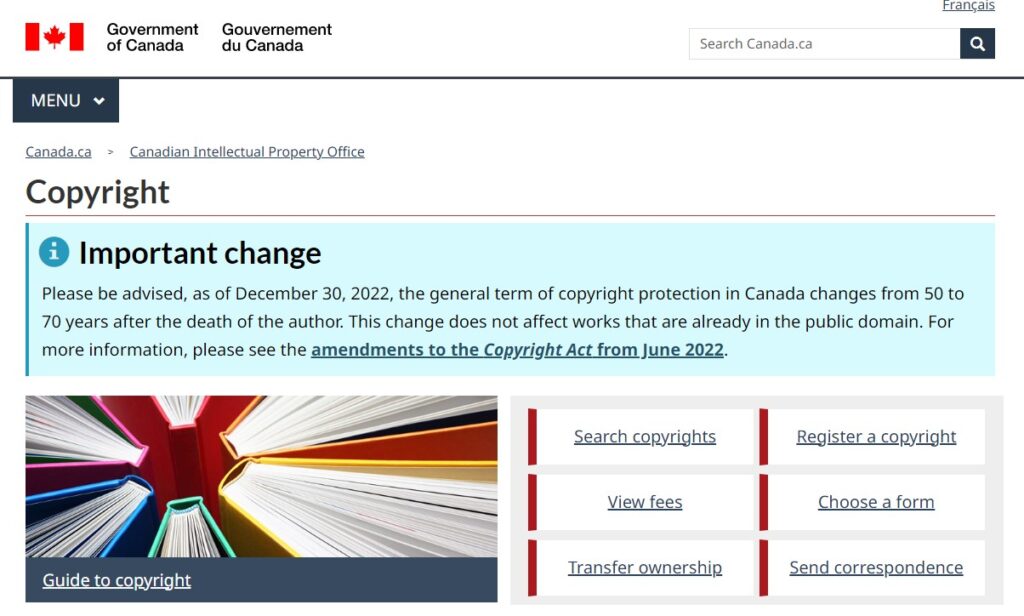
In 2018, the Government of Canada renegotiated the North America Free Trade Agreement (formerly known as NAFTA, now titled the Canada–United States–Mexico Agreement , or CUSMA). As part of the negotiations, Canada agreed to extend the term of copyright in Canada from 50 years to 70 years, to be consistent with the term in the United States. The Canada Copyright Act was amended in 2020 to extend the term of copyright for categories of moving image works. The Budget Implementation Act 2022 included amendments to the Copyright Act that extended the term for all remaining works not covered by the 2020 amendments. These changes came into force on Dec 30, 2022.
The consequence of the amendments is that works that would previously have entered the public domain on Jan 1, 2023 will now remain under copyright until the end of 2042. This includes hundreds of photographs, architectural drawings, and artworks in the Archives’ holdings, and thousands of textual documents. The change isn’t retroactive – any work that was already in public domain on Dec 31, 2022 will keep its public domain status. The works of many other Canadians of local and national significance whose works would have otherwise passed into public domain this year include Vancouver author Bertrand Sinclair, New Westminster photographer Charles Stride, Montreal poet Abraham Moses Klein, and Canadian prime minister Lester Pearson. And if the 2022 amendments had instead been included with the 2020 amendments, all of the writings of former City Archivist JS Matthews (1878-1970) would still be under copyright until 2041; instead they passed into public domain in 2021.
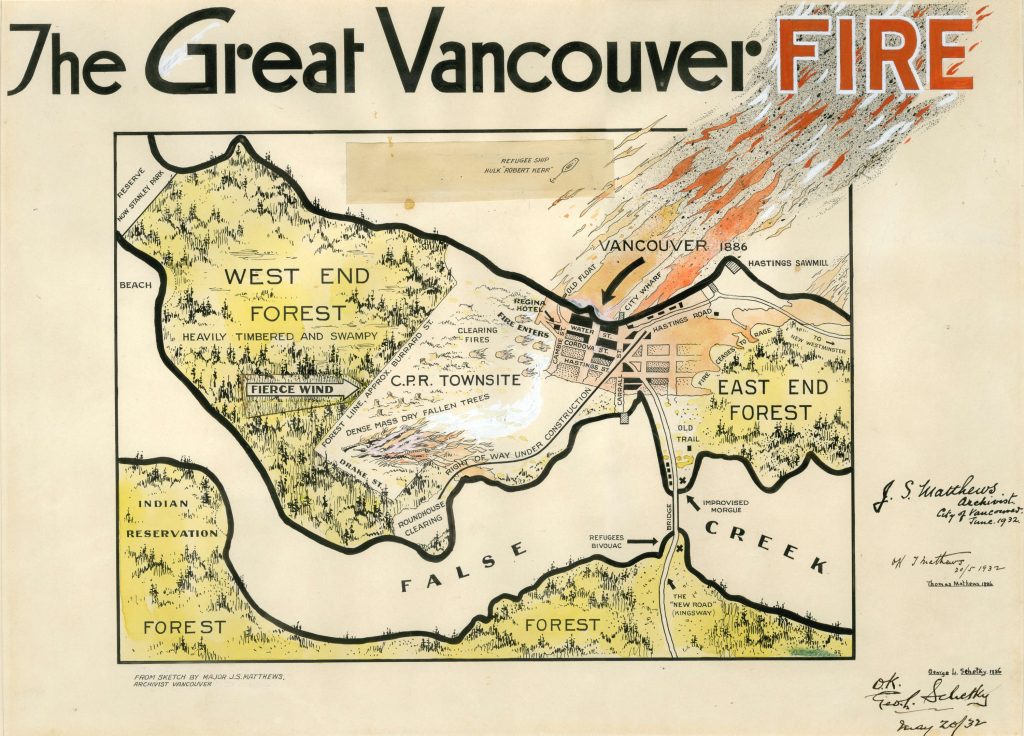
Even though these works remain under copyright, you can still use them in ways that would be considered fair dealing under the Copyright Act. Fair Dealing is a concept that recognizes there are legitimate exceptions to the exclusive rights granted under copyright. The limited use of a work for your own research, private study, educational purposes, satire, review, criticism, or news reporting are all considered fair dealing in Canada. Furthermore, the Archives’ policy is to not restrict or charge fees for the use of items in our holdings that the City of Vancouver owns the copyright to.
That about wraps it up for this year (and the next nineteen too). We’re looking forward to our next public domain day in 2043. See you then.



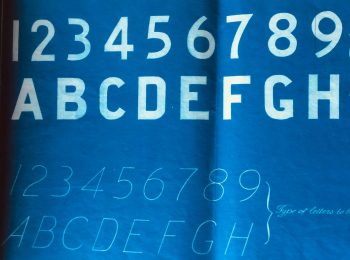


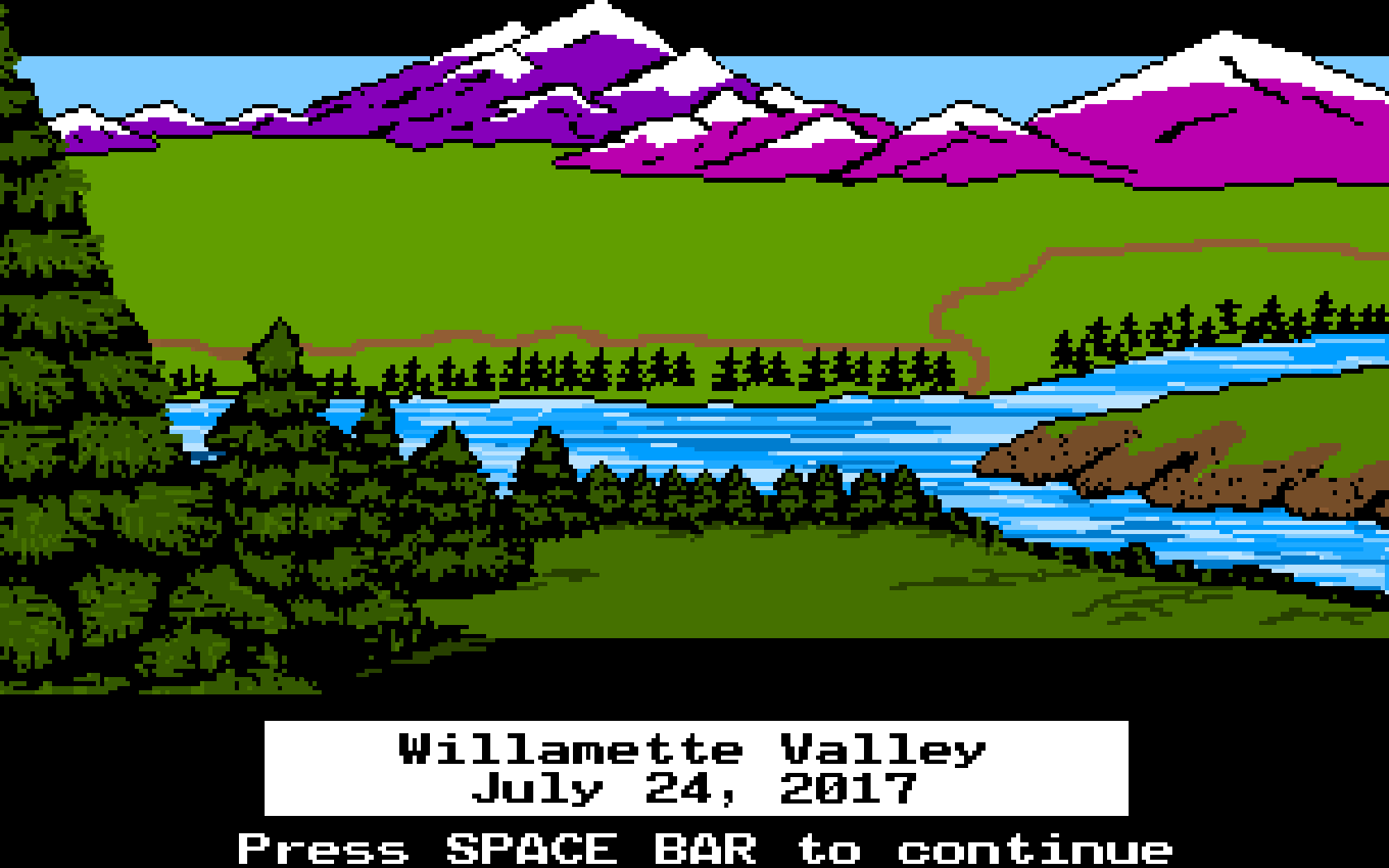
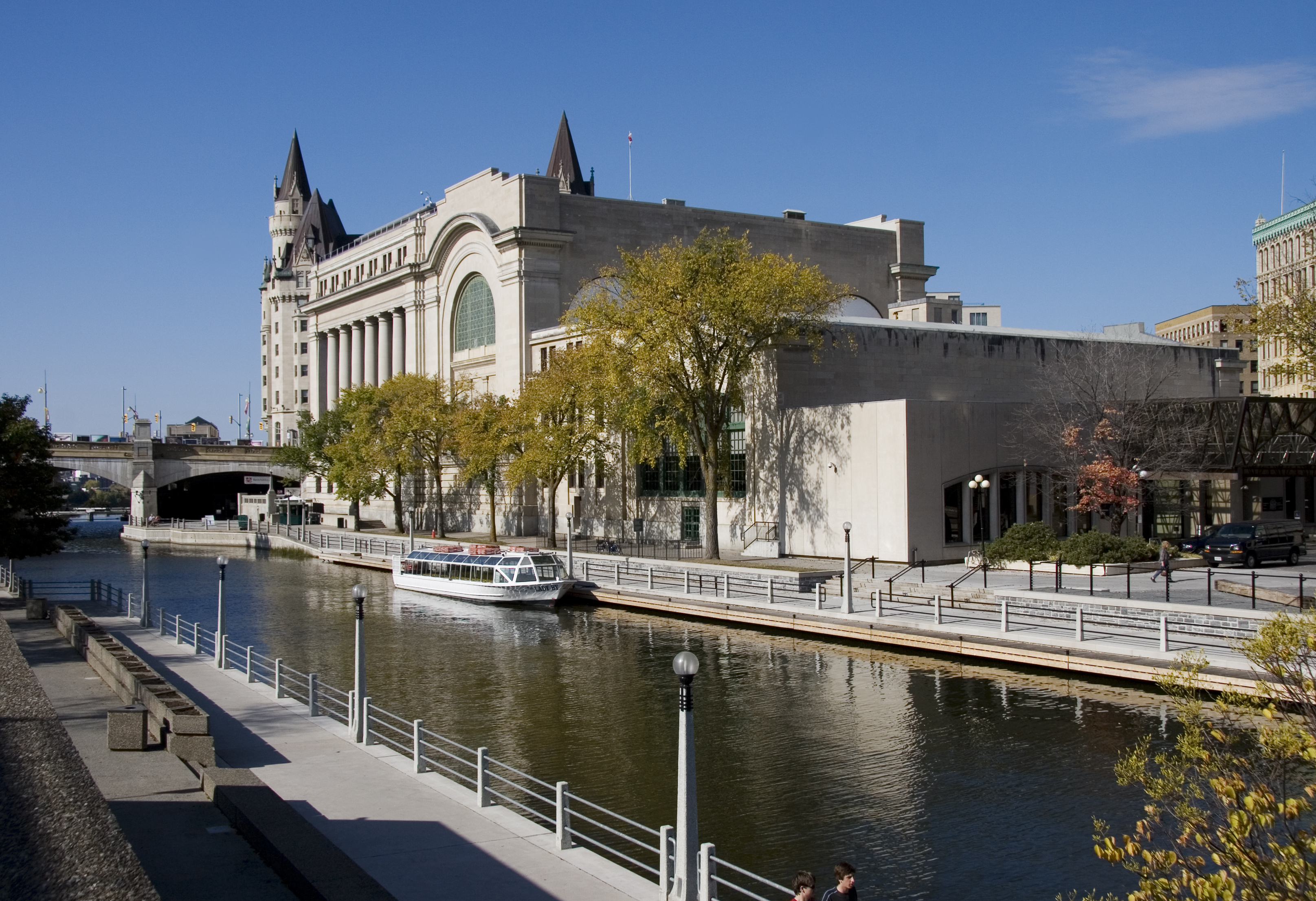
Really sad, but I guess that it makes sense for negotiating the new treaty with the unites states